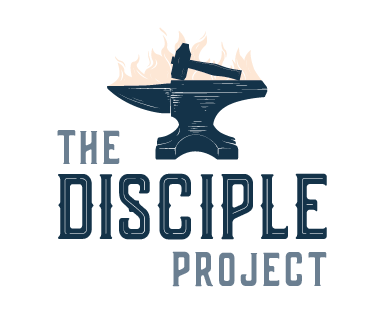I did’t like the last meeting I was in charge of. I didn’t like my disposition during the meeting and I did not like my response to certain aspects of our discussion time. I could have, and initially did, blame other factors for my shortcomings. Blame is not a good strategy for life change. In fact, blame is the opposite of growth. Fortunately, before falling asleep, I took ownership of the “bad meeting: with three words and immediately started growing.
I’ll not leave you in suspense. The three words are “It’s my fault”. You could narrow it down to two words and say, “I’m sorry” but they’re not really the same. “It’s my fault” communicates taking responsibility where “I’m sorry”, I believe, is a platitude used to quickly resolve and issue but does nothing to solve future problems.
People say “I’m sorry” to get out of trouble or to appease someone. It’s a message to others.
“It’s my fault” is a gut check, it reminds us that we are responsible for our words and actions and if you go off the rails, it’s not someone else’s fault and only you can fix it.
If you never say the words, “It’s my fault” you’ll continue to say, “I’m sorry”.
On the other hand, if you start with, “It’s my fault” you will actually cut down on having to say, “I’m sorry” because you recognize the problem and have probably already committed to working on it.
If you’re human, you’ll never be exempt of having to say I’m sorry. I was kind of hoping I’d get past it one day but I am reminded, often that will never be the case.
“I’m sorry” is appropriate when trying to communicate regret or fault.
“It’s my fault” positions you to do something about the words, feelings or actions you’re apologizing for.
If you are a leader of people, instead of saying, “I’m sorry I said that, did that…”, say, “It’s my fault, I should have done this or prepared better for…”
In approaching your mistakes with a sense of ownership you teach others around you that the person in charge of change, is them.
